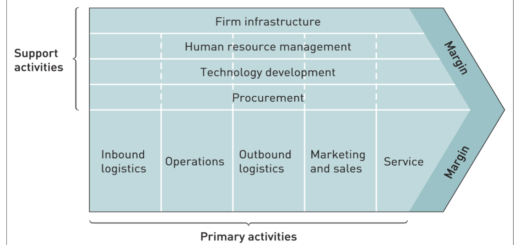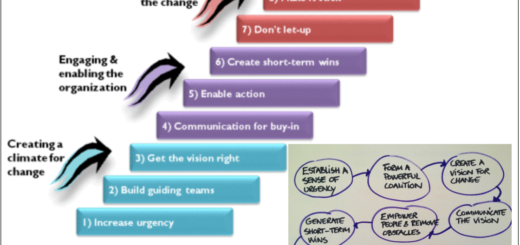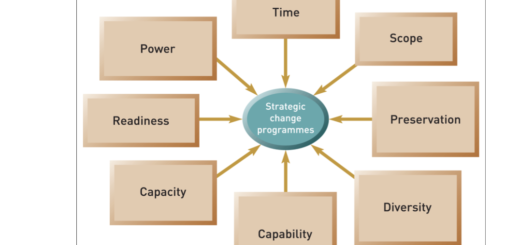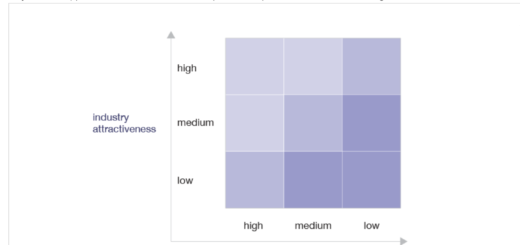Development of HRM
The development of Human Resource Management (HRM) can be traced back to various scholars and their contributions to the field. Here is a timeline of some of the key developments in HRM and the scholars who focused on those times:
- Late 1800s to Early 1900s: The Scientific Management Era
- Frederick Taylor was a pioneer in this era and his work on scientific management focused on improving efficiency in the workplace by breaking down tasks into small, specific parts.
- 1930s-1940s: The Industrial Relations Era
- This era was marked by a focus on the employment relationship and the interaction between employers and employees.
- John Dunlop’s work on industrial relations focused on the role of collective bargaining and labor unions in the employment relationship.
- 1950s-1960s: The Human Relations Era
- Scholars in this era, such as Elton Mayo, focused on the importance of interpersonal relationships and the role of social factors in the workplace.
- Douglas McGregor’s work on Theory X and Theory Y highlighted the importance of employee motivation and how different management styles can impact employee behavior.
- 1970s-1980s: The Behavioral Science Era
- This era saw the emergence of a more scientific approach to HRM that focused on human behavior and motivation.
- Scholars such as Chris Argyris and Abraham Maslow contributed to this era through their work on organizational behavior and motivation.
- 1990s-2000s: The Strategic HRM Era
- In this era, scholars such as David Ulrich and Gary Dessler emphasized the importance of aligning HRM with the overall business strategy of an organization.
- This approach saw HRM as a strategic partner in the organization rather than just a support function.
- 2010s-Present: The Digital HRM Era
- The digital era has seen a shift towards the use of technology in HRM, with a focus on data-driven decision-making and the use of artificial intelligence.
- Scholars such as John Boudreau and Peter Cappelli have contributed to this era through their work on HR analytics and the use of technology in HRM.
Overall, the development of HRM has been shaped by various scholars and their contributions over time, resulting in a constantly evolving field that continues to adapt to the changing needs of organizations and their employees.





